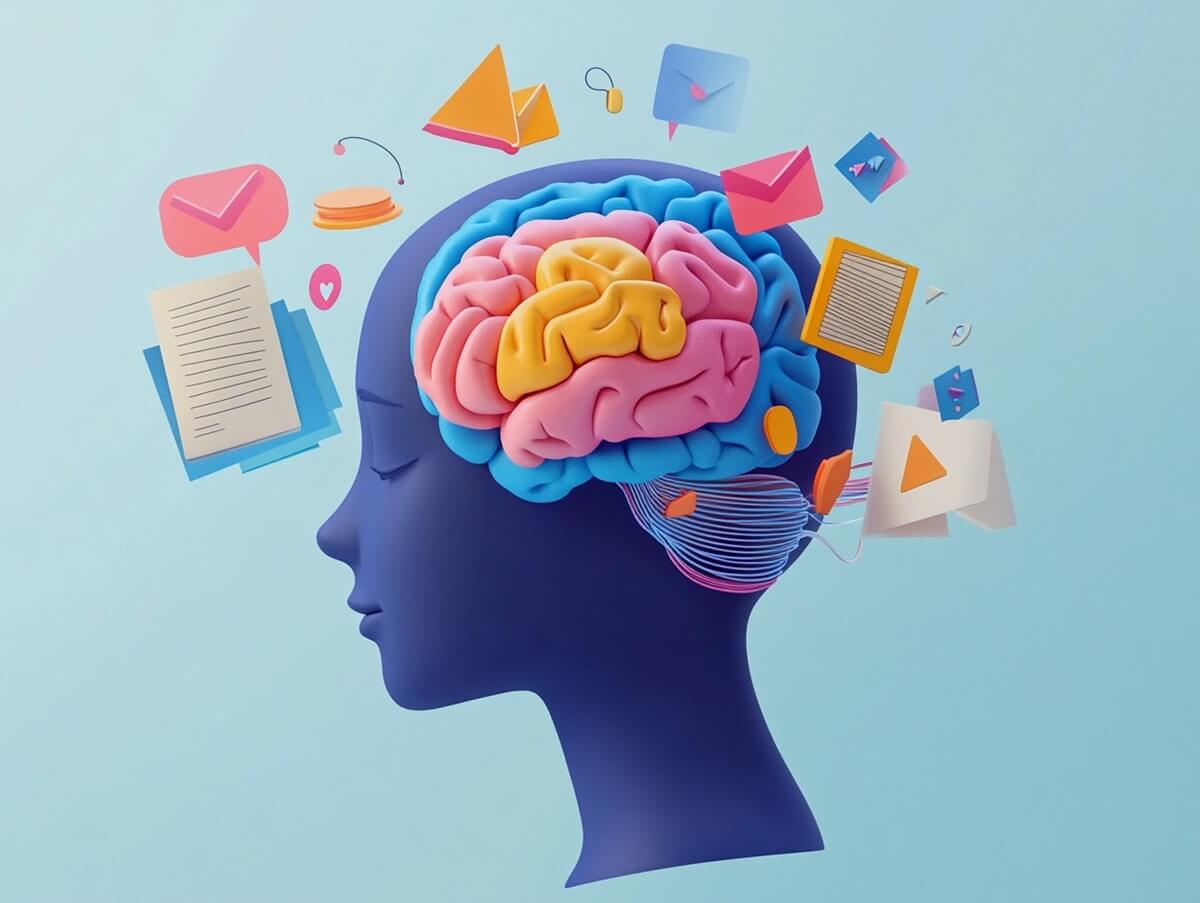
In today’s globalized world, learning a new language is not just a practical skill—it’s a gateway to countless personal, professional, and cultural opportunities. Whether you’re learning for travel, career growth, or simply as a hobby, the benefits go far beyond speaking in a different tongue.
Below are 11 great benefits that will inspire you to start learning languages and enjoy the process.
1. Improves Brain Function and Memory
Learning a new language stimulates your brain, making it more cognitively agile. Multilingual individuals often have better memory, stronger problem-solving skills, and sharper attention spans. Research shows that acquiring additional languages increases gray matter in the brain, which plays a key role in memory and decision-making.
2. Boosts Career Opportunities
In a competitive job market, being bilingual or multilingual sets you apart. Employers often prefer candidates who can communicate with global teams and clients. Fields like tourism, business, international relations, and healthcare are all actively seeking professionals with strong language skills.
3. Enhances Travel Experiences
Traveling becomes far more enriching when you can speak the local language. You can connect with residents, discover hidden gems, and fully immerse yourself in the culture. Being able to communicate abroad also makes travel safer and more enjoyable.
4. Connects You with More People
Language serves as a bridge, connecting you with people around the world. It helps you form friendships and relationships with individuals from diverse cultural backgrounds, broadening your understanding of global diversity.
5. Increases Cultural Awareness and Empathy
Learning a new language offers deeper insights into different customs, traditions, and perspectives. This broadens your horizons and fosters greater empathy for cultural nuances. You’re not just learning words; you’re uncovering an entire way of life.
6. Delays Cognitive Decline
Speaking more than one language can help delay symptoms of cognitive disorders like Alzheimer’s and dementia. Studies show that bilingual individuals often develop these conditions much later than their monolingual counterparts, helping them maintain sharper minds for longer.
7. Improves Communication Skills in Your Native Language
When you learn another language, you become more attentive to grammar, vocabulary, and sentence structure in your own native tongue. This enhances your overall communication skills, making you a more effective writer, speaker, and listener.
8. Builds Confidence
Mastering a new language can be challenging, but it’s also incredibly rewarding. Every milestone—whether ordering a meal or holding a conversation—boosts your confidence and sense of accomplishment.
9. Improves Creativity
Learning a new language encourages you to think in new ways, boosting your creativity. Switching between languages teaches you to think outside the box and approach problems from multiple angles.
10. Gives You a Competitive Edge in Education
Students who learn more than one language often perform better academically. Language learning enhances critical thinking, concentration, and multitasking skills, which generally lead to improved overall academic performance.
11. Opens Doors to Global Entertainment and Media
Knowing another language allows you to enjoy books, films, music, and other media in their original form. You can appreciate art and entertainment from around the world as it was originally intended—without relying on translations or subtitles.



